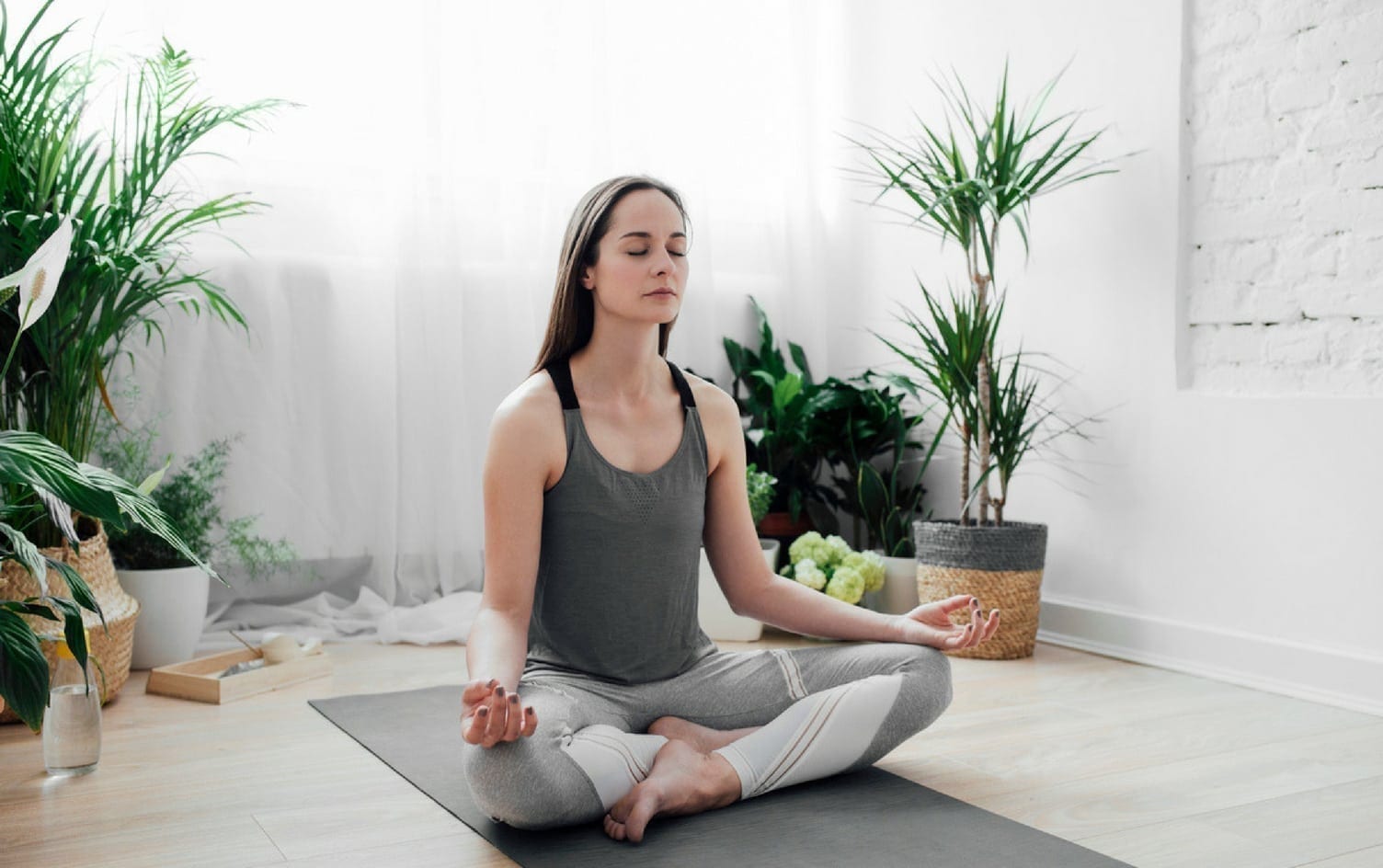Cannabidiol may as well be dubbed the new miracle drug. From its alleged anti-anxiety benefits to better sleep to fighting inflammation and aiding workout recovery, CBD seems to be able to help everyone one way or another.
Unlike its controversial cousin Tetrahydrocannabinol, or THC, CBD is non-psychoactive and produces no high. The compound is extracted from the hemp plant and is available in many forms — pills, creams, sprays, oils and even protein powder — all of which claim to reduce soreness and muscle aches. So, is all the hype true about CBD and fitness?
Maybe.
Unfortunately, since its wide usage is still a new phenomenon, there aren’t any reputable studies available that specifically study CBD and workout recovery. All reports are anecdotal — and opinions vary widely within the medical community.
THE UPSIDE
If you ever find it hard to concentrate in that yoga class or you’re too stressed to stick to your routine, CBD has been shown to decrease anxiety. Without that distraction, you may find you’re able to better focus, which could then lead to improved workout results.
Harvard-trained doctor and cannabis specialist Dr. Jordan Tishler says those searching for a workout recovery aid might actually be better off with THC. “CBD is an anti-inflammatory at very high doses. It could be used post workout to reduce soreness and promote muscle regeneration. However, it’s important to note that these effects are only seen at doses of 300mg per day and above,” Tishler says. “Anyone considering cannabis as a fitness and/or recovery aid, should understand the dosing of CBD must be astoundingly high.”
IS IT LEGAL?
It’s also not legal in all states. While it is legal in many states that haven’t legalized medical or recreational marijuana, it’s best to check with your state and to make sure you’re always reading the ingredients in whatever you’re purchasing. Many products mix CBD and THC, which not only confuses the legality of the product, it also makes it harder to determine what’s actually giving you benefits.
And laws are changing rapidly. Just last month, a bill with bipartisan support was introduced in the Senate that could federally legalize hemp and its byproducts.
THE BOTTOM LINE
If you’re giving it a try, know that you can’t overdose from it and there are no known toxic side effects thus far. The most important thing to remember is that, as with any supplement, results and side effects vary from person to person, so proceed with caution. Start slow and stay in tune with your body to understand whether or not CBD is right for you. It’s best to check with your doctor, especially if you’re taking other medicines or supplements.
And stay tuned, there’s sure to be much more research focusing on CBD for years to come.




